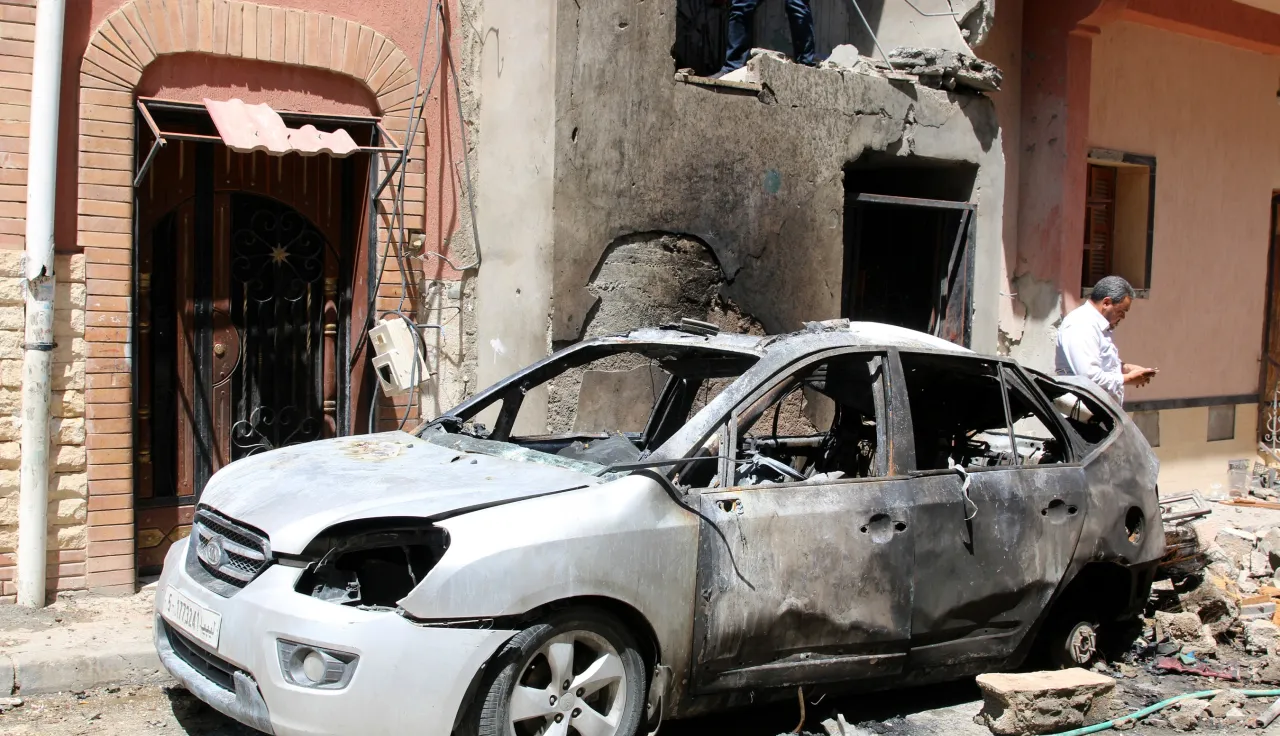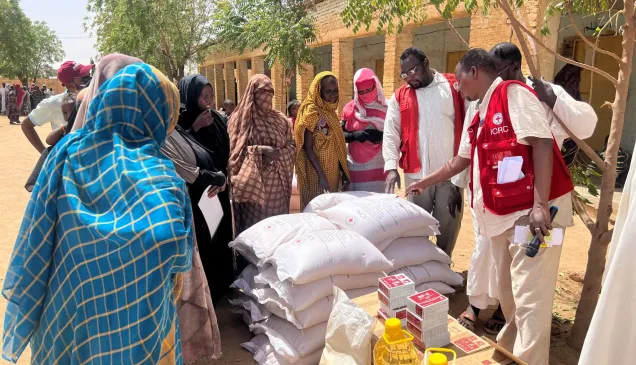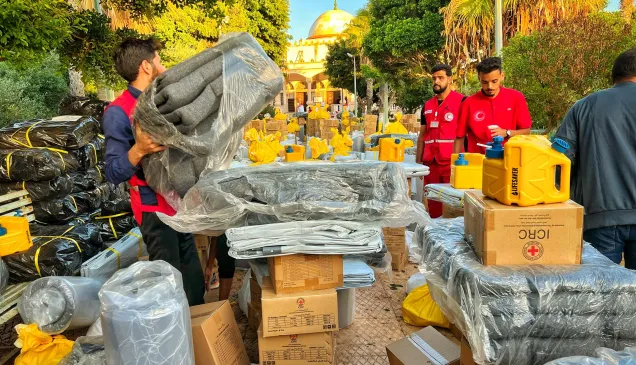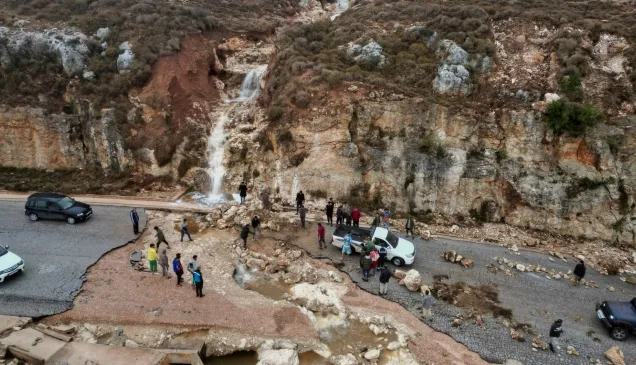Tripoli (ICRC) - The humanitarian situation in and around Tripoli has deteriorated sharply over the past three weeks. More than 30,000 people are said to have fled their homes and are sheltering with relatives or in public buildings.
Power outages are common in areas where clashes are taking place. Tripoli’s basic services and infrastructure, such as hospitals and water pumping stations, which have already suffered from violence over the past eight years, are being weakened further.
“One of our greatest concerns is for civilians living near the frontlines. Densely-populated residential areas are gradually turning into battlefields,” said Youness Rahoui, the head of office in Tripoli for the International Committee of the Red Cross (ICRC). “It is also increasingly dangerous for medical workers to retrieve the wounded, with mounting reports of indiscriminate shelling. It is crucial that hospitals, medical facilities, health staff and vehicles transporting the wounded are allowed to carry out their activities safely.”
One resident, Hamdi, 24, in Libya, told an ICRC team his family had to flee missiles and heavy shelling. “At first we stayed in our home. We didn’t want to leave. But as the fighting intensified, we couldn’t stand it anymore. We were scared that our home would be hit by a shell, so we left. Leaving our house was a last-minute decision. We weren’t ready and didn’t bring anything with us. My brothers and I were supposed to be at school and giving our exams. But our lives are now in limbo. We don’t know when things will be normal again.”
Humanitarian concerns
- Thousands of people have been displaced. Many are staying with relatives and friends; others are staying in places like schools that have been opened to shelter homeless families.
- Health care is a particular challenge for the entire Libyan population, with hospitals struggling from chronic shortages of medical supplies. Health structures that are still functioning are finding it increasingly difficult to cope.
- As the fighting continues, many more thousands of civilians might be affected, which would mean a rising need for humanitarian assistance.
Operational notes
- The ICRC dispatched medical supplies over the last three weeks to treat at least 350 casualties to four city hospitals – in Abu Salim, Al-Sbeaa, Yefren and Tripoli – and three field hospitals – in Kreimia, Gharyan and Tarhuna.
- In cooperation with the Libyan Red Crescent, nearly 12,000 displaced persons – about 2,000 households – have been assisted with food, essential household items and hygiene kits this month – in Tajoura, al-Fornaj, Zintan, Yefren, Sabratha and Tarhuna.
For further information, please contact:
Rabab Al-Rifaï, ICRC Libya (based in Tunis), tel.: +216 26 903 485
Francoise Brigitte Lambert, ICRC Dakar, tel.: +221 781 864 687
Krista Armstrong, ICRC Geneva, tel.: +41 79 217 32 87




